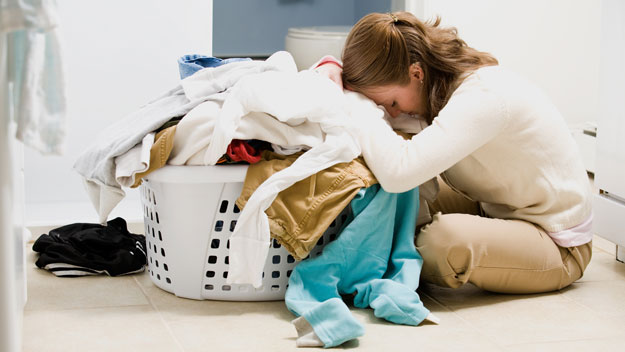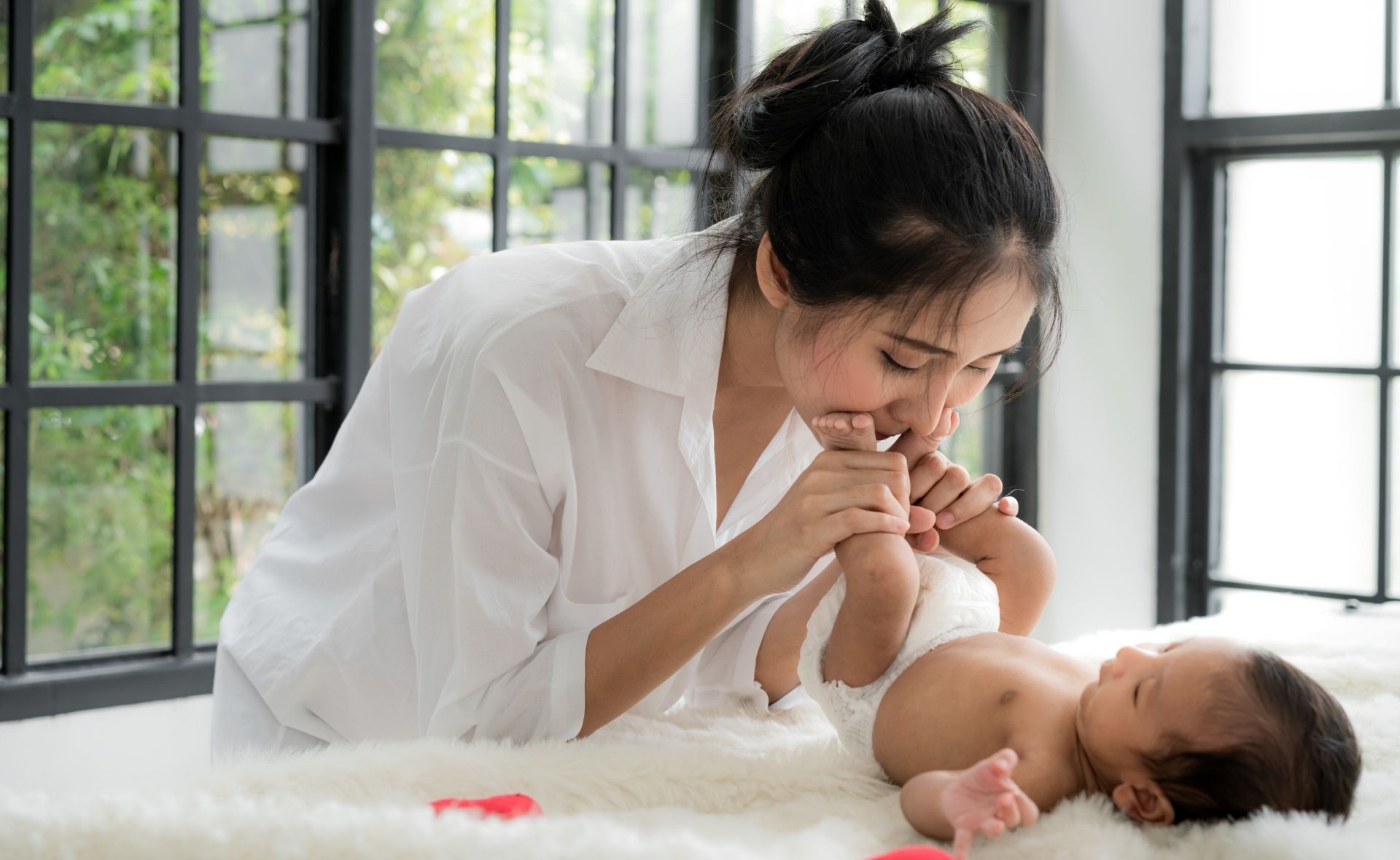By age 34, one in four Generation Y’s still haven’t flown the coop and left home, but that doesn’t mean they’re making domestic life any easier for mum.
Researchers from the University of NSW have found that even though they have an extra pair of hands around the house, mothers are still picking up after their adult children.
Related: Women still doing more housework than men
The study analysing the division of the domestic workload among more than 5500 young people aged 15-34 living in the family home found that their mothers took care of roughly six times more housework than their adult sons, 4.4 times more than their grown up daughters, and took on double the domestic duties of the man of the house.
“You might think that as children get older they would make a more equal contribution to housework, cleaning, cooking and washing, but it’s really not the case,” said Associate Professor Lyn Craig, who led the study.
“It does seem to be a sticky problem. You might hope for more signs of change which are sadly not really there.”
Household duties were found to be largely left to mum. The study showed 97 percent of mothers did some domestic work every day, compared to 81 percent of fathers, 73 percent of young women, and 54 percent of young men.
Not that the mums of Australia are counting, but the numbers show they do 229 minutes of domestic work each day.
Their adult daughters were found to devote 52 minutes to domestic duties while the boys spend only 38 minutes on their chores.
Related: Men will do the dishes – in 39 years
“It’s difficult to change roles within the family home,” Professor Craig said.
“If mum has already done the laundry and dad has always mowed the lawn, there is an expectation that that will continue even when the adult children are old enough to do it themselves. The expectations don’t really shift even though the children are old enough to live independently.”




.png)